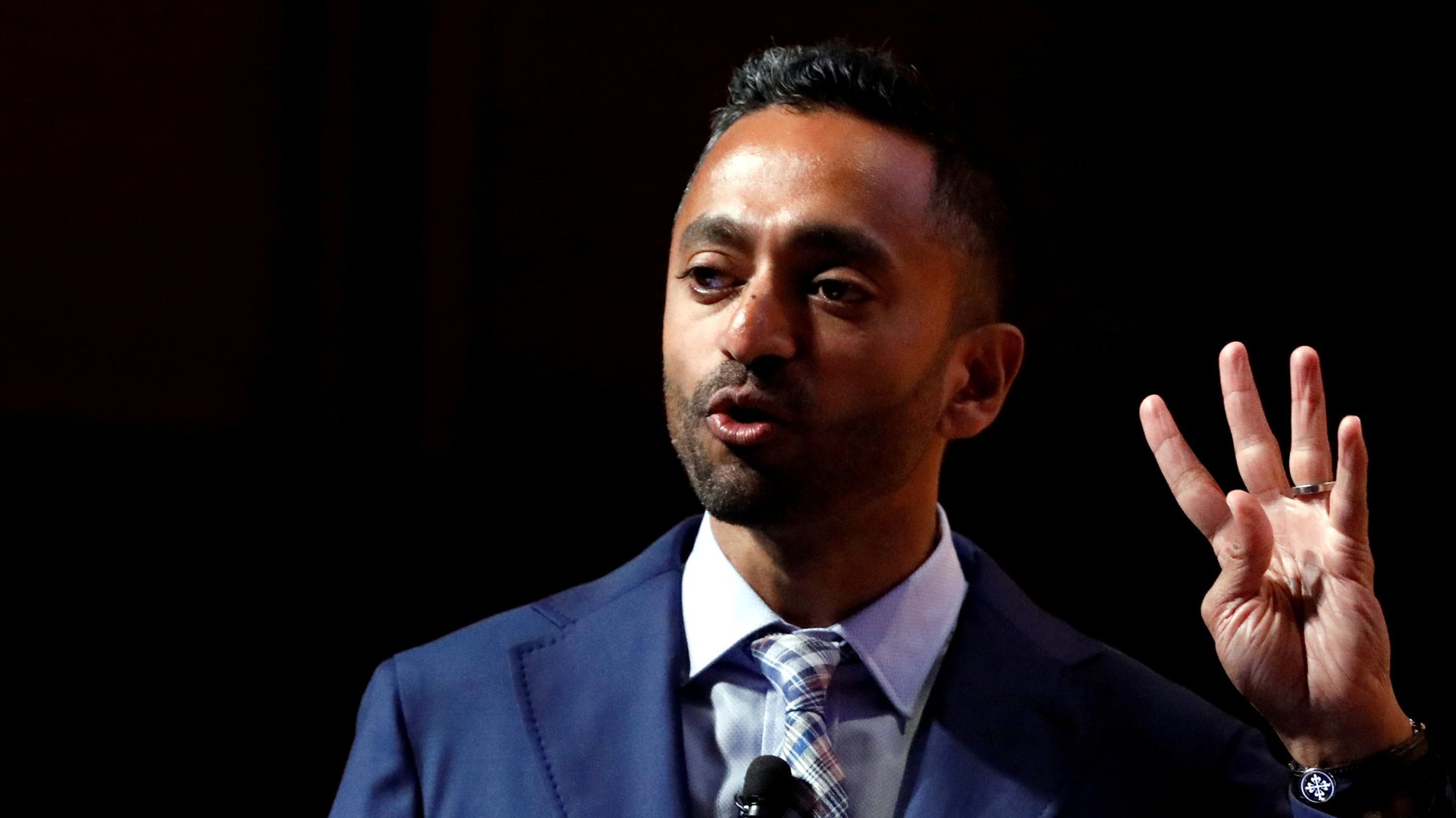The biggest investors in space are cheering on the GameStop trade
It’s no surprise that the world of meme-driven stock speculation and the “new space” business have significant overlap.


It’s no surprise that the world of meme-driven stock speculation and the “new space” business have significant overlap.
Market watchers have been transfixed by the surging share price of GameStop, a brick-and-mortar video game retailer that has seen its value increase more than twelvefold thanks to the wild intersection of an activist investor promising to transform the company for the digital era, massive bets against GameStop by short-selling hedge funds, a flood of retail investors coordinating on Reddit to make counter bets on the stock’s rise, and trading algorithms getting frenzied in response. Bloomberg newsletter god Matt Levine has a fuller explanation of the dynamics.
But we’re here to think about how finance can accelerate space activity, and on that there are implications. Elon Musk, a pioneer in social media finance and accidental (?) stock promoter himself, got in on the GME trade. So did Chamath Palihapitiya, the venture investor who took space tourism company Virgin Galactic public in 2019 by purchasing it with a publicly-traded blank check company, or special purpose acquisition vehicle (SPAC).
Today that stock, SPCE, is surging. Virgin’s latest news was an aborted test flight in December, and it has yet to say publicly why the motor on its rocket plane failed to ignite. Since that test, SPCE’s stock price has gained more than 50%.
Is this logical? Sure, in the sense that the best-performing investments in our pandemic and social media age seem to be high-tech things with fun narratives—Tesla’s electric cars, cryptocurrency and bitcoin, tech giants solving for remote work, and… stocks that seem similar to things that Elon Musk tweets about. It’s a great time to bring a sexy high-tech thing to market, like a suborbital rocket plane, without having to think too hard about cash flow.
Consider Momentus, the venture-backed company developing an Orbital Transfer Vehicle, which is being taken public by a SPAC backed by Stable Road Capital, trading as SRAC. After Momentus went public, Quartz reported that its Russian founder and CEO was the subject of a federal investigation into his access to restricted technologies; he resigned this week. The price of Stable Road’s publicly-traded SPAC fell on the news—but remains twice as as high as before the merger announcement.
The market, as John Maynard Keynes explained to value investors almost a century ago, can stay irrational longer than you can stay solvent. (Or, as Tracy Alloway puts it in this context, “flows before pros.”) The funds behind SPACs are unlikely to fret too much—for example, as a sponsorship fee, Stable Road paid $25,000, or $0.006 per share, for a chunk of Momentus stock that would be worth about $87 million if the transaction closed at today’s share prices. Other investors may not have that fallback.
When it comes to space, SPACs are kicking the tires on more than one start-up. But several VC-backed entrepreneurs I speak to warn that if newly public space firms disappoint, it could be harder for other businesses in the sector to enter public markets, either to cash out investors and employees or raise working capital.
“Until you get the company to a point where you have a very stable revenue year by year, in my opinion it’s wrong to go public, because the public expects to be investing in companies that are growing every year, year after year,” Payam Banazadeh, the CEO of space radar firm Capella, told me last month. “If that SPAC is going to be unsuccessful, it’s going to have some implications and reputation damage for the industry as a whole.”
It might well be that these valuations persist, the companies start earning money, and everyone muddles through. Or the post-vaccine world may lure internet stock enthusiasts away from their trading apps while the SEC imposes new regulations on retail stock options, and they collapse. Or maybe the whole market collapses and we remember these days like Joe Kennedy did the shoeshine boy.
On the other hand, Elon Musk has been adamant about not taking SpaceX public, at least until regular service to Mars is underway. He cites a hatred of short sellers, developed during bruising years at Tesla, and SpaceX’s embrace of risk, which might lead public investors to back away at inopportune times. But if armies of small investors mobilized by internet luminaries can squeeze the shorts effectively, perhaps he’ll consider making the whole firm, not just its internet network, publicly tradable.